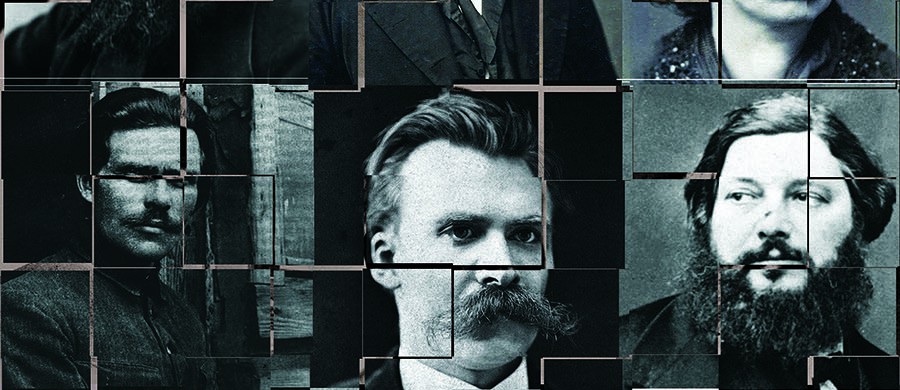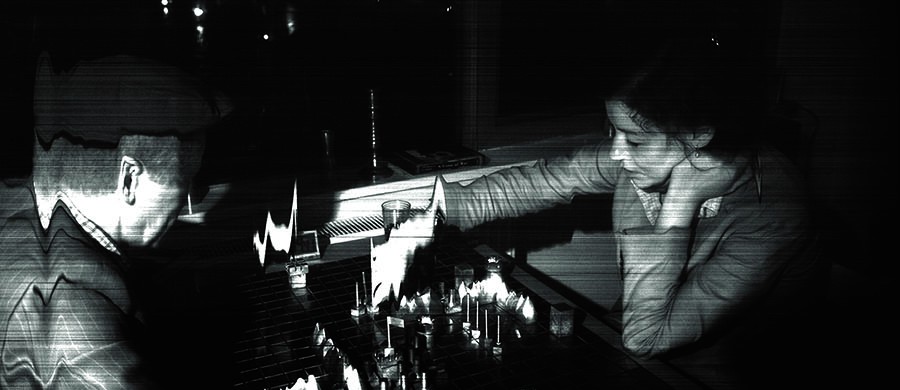Author: admin
-

Riotous Epistemology. Imaginary Power, Art, and Insurrection
Riotous Epistemology. Imaginary Power, Art, and Insurrection Richard Gilman-Opalsky & Stevphen Shukaitis Riots. Revolts. Revolutions. All flashing moments which throw the world – and our relationship with it – into question. For centuries people have pinned their hopes on radical political change, on turning worlds upside down. But all too often the ever-renewed dream of…
-

Entry Points
Entry Points. Resonating Punk, Performance, and Art Stevphen Shukaitis, Penny Rimbaud, Dharma, and Awk Wah Art-media project exploring resonances between punk and performance in the UK and Southeast Asia During the late 1960s and early 1970s, as members of the performance art group EXIT, Penny Rimbaud and Gee Vaucher turned to creating outside of the…
-

i hate war but i hate our enemies even more
i hate war but i hate our enemies even more Heath Schultz & Becky Nasadowski Arranged from a partisan perspective in the era of the uprising, i hate war, but i hate our enemies even more is an unconventional textual object that uses détournement, collage, and experimental writing against reactionary liberalism, capitalism, and white supremacy.…
-

Emotions Go to Work Exhibition
Emotions Go to Work Exhibition 19 January – 24 March 2019 Firstsite, Colchester, UK Ever since the 19th century, people have been collecting scientific data from the human body and cataloguing emotions. Today, smart devices try to gain our trust in order to compile information. We create machines in our image, shaped to serve our…
-

Combination Acts
Combination Acts. Notes on Collective Practice in the Undercommons Stevphen Shukaitis Dialogues and essays exploring collaboration in artist collective & self-organized cultural production During the industrial revolution artisans and craft workers sparked struggles against exploitation while the force of law drove unions underground. Today conditions are different… yet they are not. Collective organizing is pre-empted…
-

Emotions Go to Work
Emotions Go to Work Zoe Beloff Artist book investigating how technology is used to transform feelings into capital Emotions Go to Work is an investigation into how technology is used to turn our feelings into valuable assets. One might call it the transformation of emotion into capital. It asks what is at stake in our…
-

A Little Philosophical Lexicon of Anarchism from Proudhon to Deleuze
A Little Philosophical Lexicon of Anarchism from Proudhon to Deleuze Daniel Colson Translated by Jesse Cohn A provocative exploration of hidden affinities and genealogies in anarchist thought Is the thought of Gilles Deleuze secretly linked to Pierre-Joseph Proudhon’s declaration: “I am an anarchist”? Has anarchism, for more than a century and a half, been secretly…
-

Neurocapitalism
Neurocapitalism. Technological Mediation and Vanishing Lines Giorgio Griziotti Foreword by Tiziana Terranova Translated by Jason Francis McGimsey Analyzes the changing politics of technology, charting out possibilities for autonomous cooperation Technological change is ridden with conflicts, bifurcations and unexpected developments. Neurocapitalism takes us on an extraordinarily original journey through the effects that cutting-edge technology has on…
-

Don’t Network. The Avant Garde after Networks
Don’t Network. The Avant Garde after Networks Marc James Léger Explores the nature of avant garde art within contemporary capitalism There is something rotten about network society. Although the information economy promises to create new forms of wealth and social cooperation, the real subsumption of labour under post-Fordism has instead produced a social factory of…
-

Organization after Social Media
Organization after Social Media Geert Lovink and Ned Rossiter Exploring the politics of networks through and beyond social media Organized networks are an alternative to the social media logic of weak links and their secretive economy of data mining. They put an end to freestyle friends, seeking forms of empowerment beyond the brief moment of…









